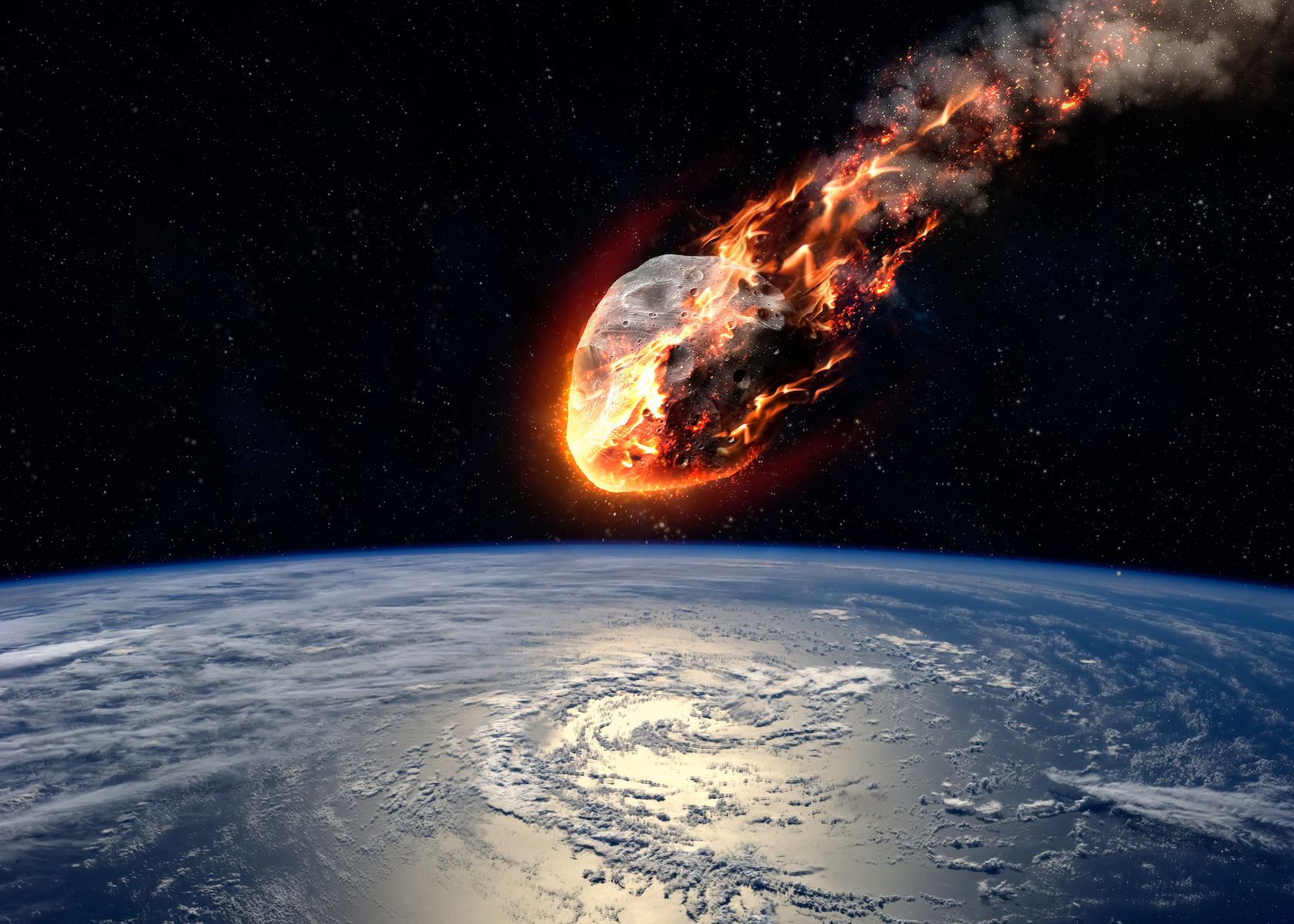
Asteroid that just passed Earth this week may not miss next time
An asteroid that passed relatively close to the Earth on Thursday may not miss the planet when it returns in 2079, according to scientists. The asteroid, 2012 TC4, was just 27,000 miles from the surface of the Earth on its trip through space.
Rolf Densing heads the European Space Operations Centre in Darmstadt, Germany.
“It’s damn close,” Densing told The Telegraph. “The farthest satellites are 36,000 kilometers (22,400 miles) out, so this is indeed a close miss.”
When 2012 TC4 heads back in 2079, scientists have determined there is a possibly it will hit the Earth and have estimated the chances at about one in 750 that this collision will happen. While the asteroid is also set to return in 2019 and 2050, it is predicted to pass safely by in those years.
During Thursday’s flyby, NASA planned to test its planetary defense system to assess how well it would work in the case of an asteroid hitting the Earth.
“The question is: How prepared are we for the next cosmic threat?” said Vishnu Reddy, an assistant professor of planetary science at the University of Arizona. “So we proposed an observational campaign to exercise the network and test how ready we are for a potential impact by a hazardous asteroid.”
The observations are expected to inform experts about many aspects of global preparedness for an asteroid disaster.
“Asteroid trackers are using this flyby to test the worldwide asteroid detection and tracking network, assessing our capability to work together in response to finding a potential real asteroid-impact threat,” said Michael Kelley, NASA program scientist.
2012 TC4 is estimated to be between 30 and 100 feet wide. If the asteroid crashed into the planet, the impact could be greater than that of the 59-foot asteroid that entered the Earth’s atmosphere over Russia in 2013. More than a thousand people were injured and thousands of buildings were damaged during that event.
—
By Chrissy Sexton, Earth.com Staff Writer













